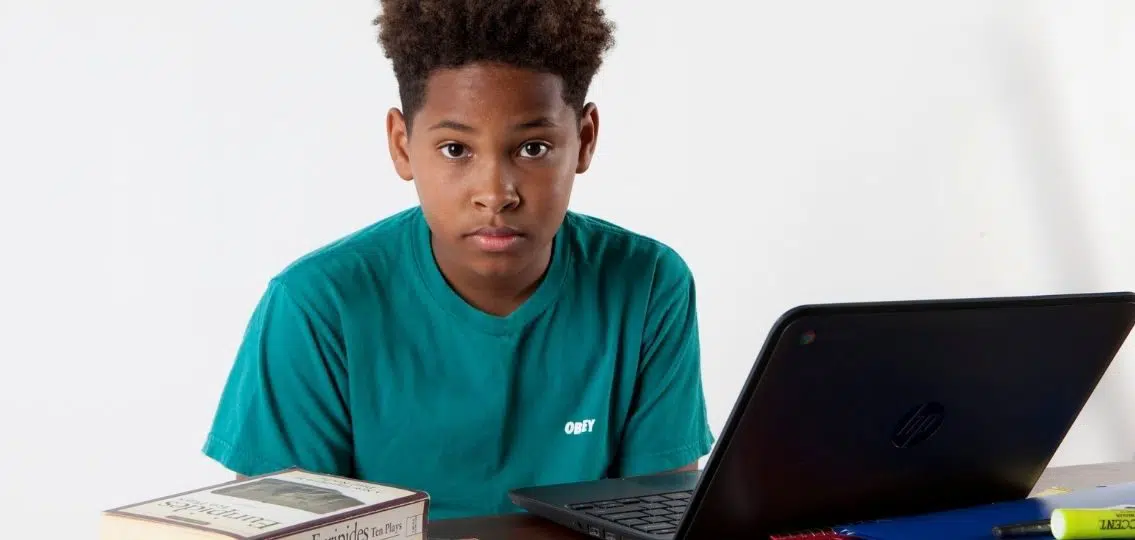The exhausting smell of finals permeates my house. The big eyes, the same outfit every day (sweatpants, flannel shirt, fluffy boots) and the permanent, slightly dirty pony tail make an appearance every morning while I serve up diner-style breakfasts otherwise not found in my house.

High school finals are deceptively stressful. Most of my students panic around the beginning of January, discovering in slow motion they are responsible for work dating back to August; it brings a flurry of anxious teens ready dump their subjects on my desk and ask, “Now what?”
The secret to succeeding at high school final exams lies in their study skills: the student’s ability to organize subjects both chronologically and by importance. After a few years of observing the study habits of my students and taking courses on organizational strategies, I have developed a finals review system that seems to diminish the stress (and these study tips will help for all of high school and beyond). What it requires from Mom or Dad is some genuine restraint when it comes to the inevitable shouting matches that occur when everyone becomes too anxious. Below are some helpful study tips for high school students as they prepare to take their exams.
7 High School Study Tips for Exam Week
1. All technology is put on hold.
I ask my students to get off Facebook, Instagram, Twitter, and Snapchat for one solid week. The phone MUST be left outside the bedroom or study area and no computers or phones in the bedroom after lights out.
2. Each subject must have a finals folder.
In each folder, the student will pick out the most important information dispensed during the semester: quizzes, reviews, outlines and handouts. This is not the place for an abundance of class notes, it is a more concrete way of assisting teens with discriminating what information is most relevant to the exam.
3. Your student should schedule study time ahead.
Consider making a finals study time sheet, broken up by hours. We know that most high school students can study effectively for about 60-70 minutes and after that, they need a break. By offering 15-minute breaks, it allows them to clear their minds and take a breath. After three hours of consistent work, it’s best to chill out for a half hour. Video games, TV and getting some fresh air are good ways for them to relax.
4. Help your teen mix up the schedule so that different subjects are addressed every couple of hours.
We want to create a mixed bag of work to show the benefits of multitasking, to address boredom and to learn how to turn off math and jumpstart chemistry with little disruption.
5. Give them the refrigerator.
Yes, I am health conscious, but finals week is their ticket to junk food heaven. Oreos, Cheetos, donuts and chocolate milk – they get giddy just making their list.
6. Lay off the drama.
Now is not the time to threaten your teen with what will happen if things don’t fare well. This is not the week to engage in fighting matches over their impending academic doom should they bring home a C. They are still little, they are still learning and it’s our job to boost their confidence, not tear it down.
7. Lastly, allow time and space for your teen to perform well.
Ask other siblings to keep the noise down, offer the living room for study breaks, and provide compassion. Finals are never easy, but there is much we can do to keep everyone calm during this agonizing week.





